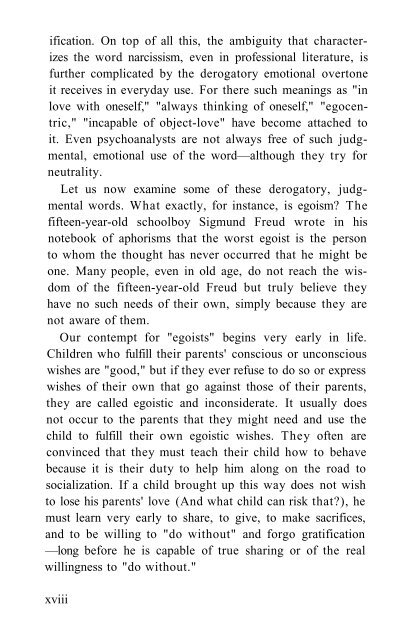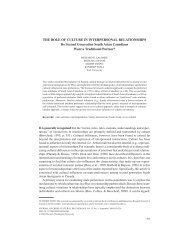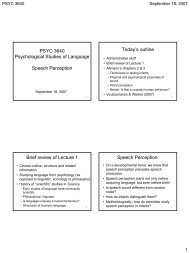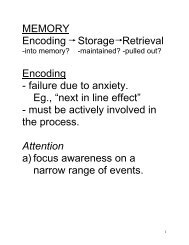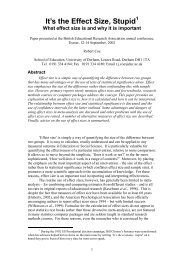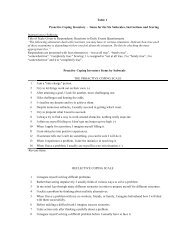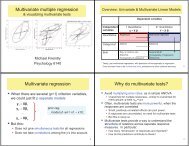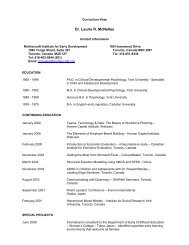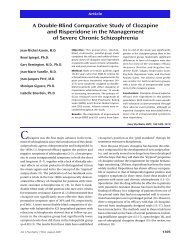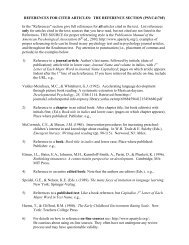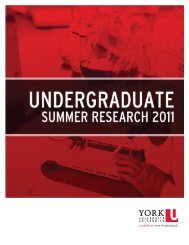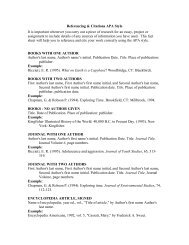The Drama of the Gifted Child (The Search for the True Self)
The Drama of the Gifted Child (The Search for the True Self)
The Drama of the Gifted Child (The Search for the True Self)
You also want an ePaper? Increase the reach of your titles
YUMPU automatically turns print PDFs into web optimized ePapers that Google loves.
ification. On top <strong>of</strong> all this, <strong>the</strong> ambiguity that characterizes<br />
<strong>the</strong> word narcissism, even in pr<strong>of</strong>essional literature, is<br />
fur<strong>the</strong>r complicated by <strong>the</strong> derogatory emotional overtone<br />
it receives in everyday use. For <strong>the</strong>re such meanings as "in<br />
love with oneself," "always thinking <strong>of</strong> oneself," "egocentric,"<br />
"incapable <strong>of</strong> object-love" have become attached to<br />
it. Even psychoanalysts are not always free <strong>of</strong> such judgmental,<br />
emotional use <strong>of</strong> <strong>the</strong> word—although <strong>the</strong>y try <strong>for</strong><br />
neutrality.<br />
Let us now examine some <strong>of</strong> <strong>the</strong>se derogatory, judgmental<br />
words. What exactly, <strong>for</strong> instance, is egoism? <strong>The</strong><br />
fifteen-year-old schoolboy Sigmund Freud wrote in his<br />
notebook <strong>of</strong> aphorisms that <strong>the</strong> worst egoist is <strong>the</strong> person<br />
to whom <strong>the</strong> thought has never occurred that he might be<br />
one. Many people, even in old age, do not reach <strong>the</strong> wisdom<br />
<strong>of</strong> <strong>the</strong> fifteen-year-old Freud but truly believe <strong>the</strong>y<br />
have no such needs <strong>of</strong> <strong>the</strong>ir own, simply because <strong>the</strong>y are<br />
not aware <strong>of</strong> <strong>the</strong>m.<br />
Our contempt <strong>for</strong> "egoists" begins very early in life.<br />
<strong>Child</strong>ren who fulfill <strong>the</strong>ir parents' conscious or unconscious<br />
wishes are "good," but if <strong>the</strong>y ever refuse to do so or express<br />
wishes <strong>of</strong> <strong>the</strong>ir own that go against those <strong>of</strong> <strong>the</strong>ir parents,<br />
<strong>the</strong>y are called egoistic and inconsiderate. It usually does<br />
not occur to <strong>the</strong> parents that <strong>the</strong>y might need and use <strong>the</strong><br />
child to fulfill <strong>the</strong>ir own egoistic wishes. <strong>The</strong>y <strong>of</strong>ten are<br />
convinced that <strong>the</strong>y must teach <strong>the</strong>ir child how to behave<br />
because it is <strong>the</strong>ir duty to help him along on <strong>the</strong> road to<br />
socialization. If a child brought up this way does not wish<br />
to lose his parents' love (And what child can risk that?), he<br />
must learn very early to share, to give, to make sacrifices,<br />
and to be willing to "do without" and <strong>for</strong>go gratification<br />
—long be<strong>for</strong>e he is capable <strong>of</strong> true sharing or <strong>of</strong> <strong>the</strong> real<br />
willingness to "do without."<br />
xviii


